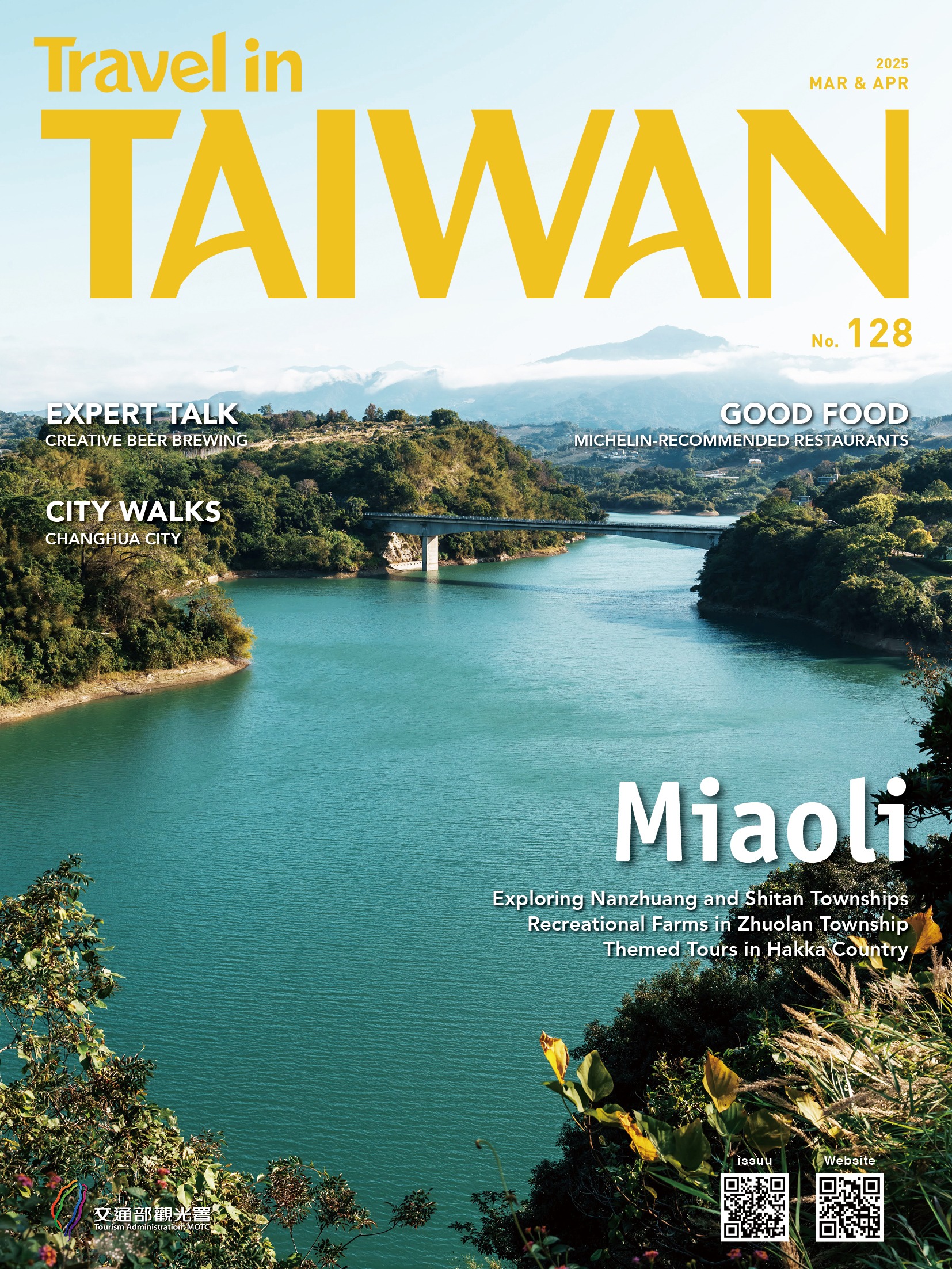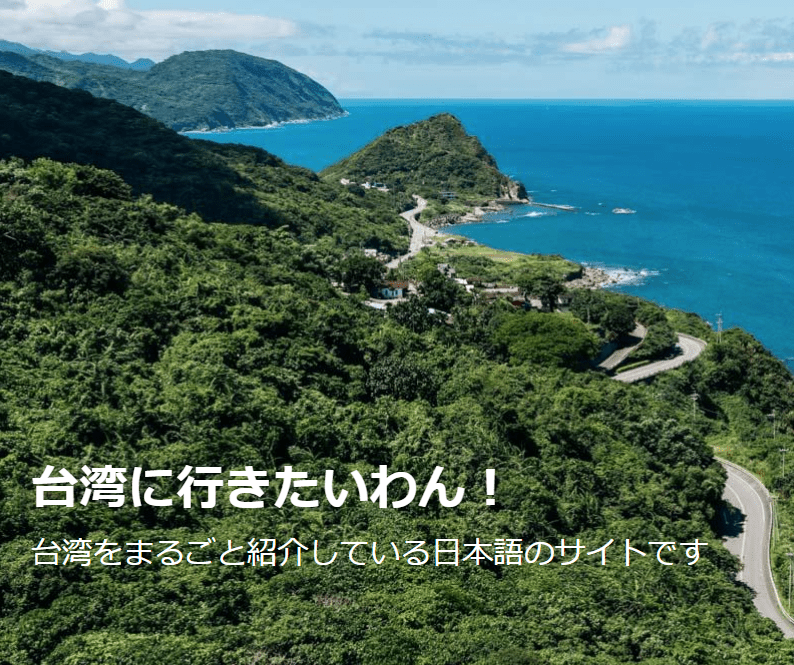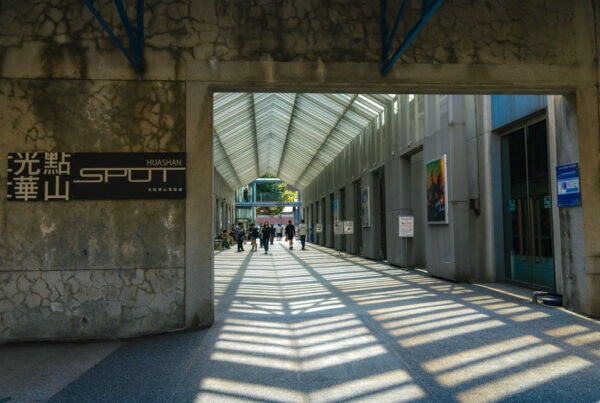The Ideas and Creativity Behind the Popularity of a Celebrated Select Shop
TEXT | HAN CHEUNG
PHOTOS | VISION
TEXT | HAN CHEUNG
PHOTOS | CHEN CHENG-KUO
Over the past decade, a growing number of businesses have been breathing new life into Taiwanese food products and crafts, working closely with local artisans and small farmers. These vendors often market the goods in trendy, creative ways, helping to keep them relevant to modern customers and in turn preserving the island’s rich cultural traditions.
Maji Treats
Fan Jiang Qun-ji, CEO of Maji Treats, doesn’t want to hear about how delicious a tea is, or at what altitude it was grown. “I can’t picture anything from that,” he says. “I want to hear stories. Tell me about each product as if it were a contestant in a beauty pageant. Who is she, what are her talents, what’s her family background? There must be many fantastic things that set her apart – let’s put the spotlight on those.”
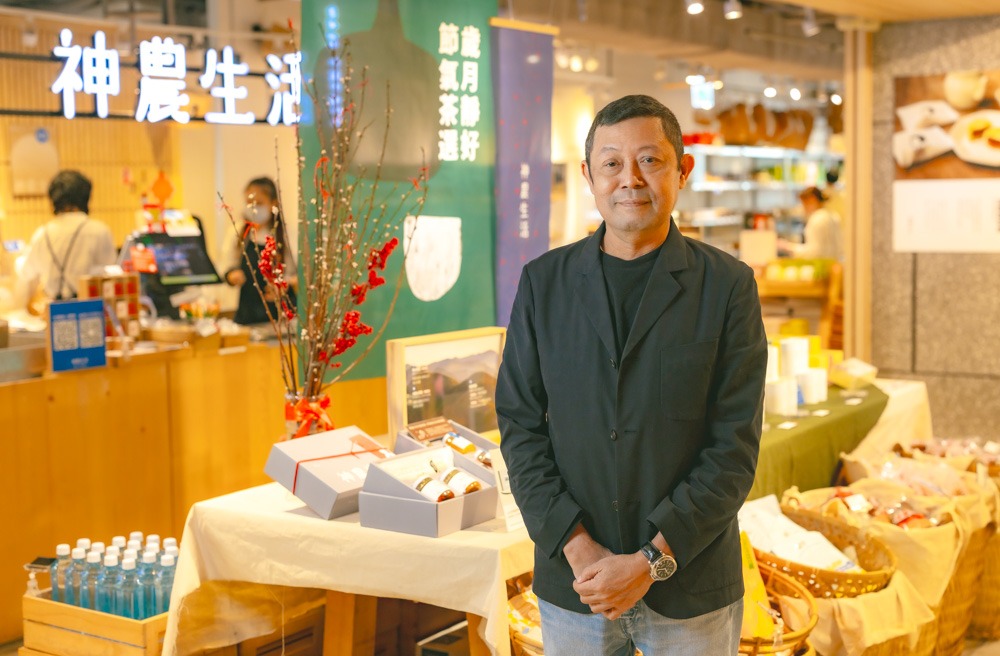
Full of quirky, artistic ideas and adept in business strategy, Fan Jiang speaks in a relaxed, humorous tone, describing how he overturned conventional supermarket operating methods and built up Maji Treats, a select shop packed with all sorts of Taiwanese artisanal food and household products.

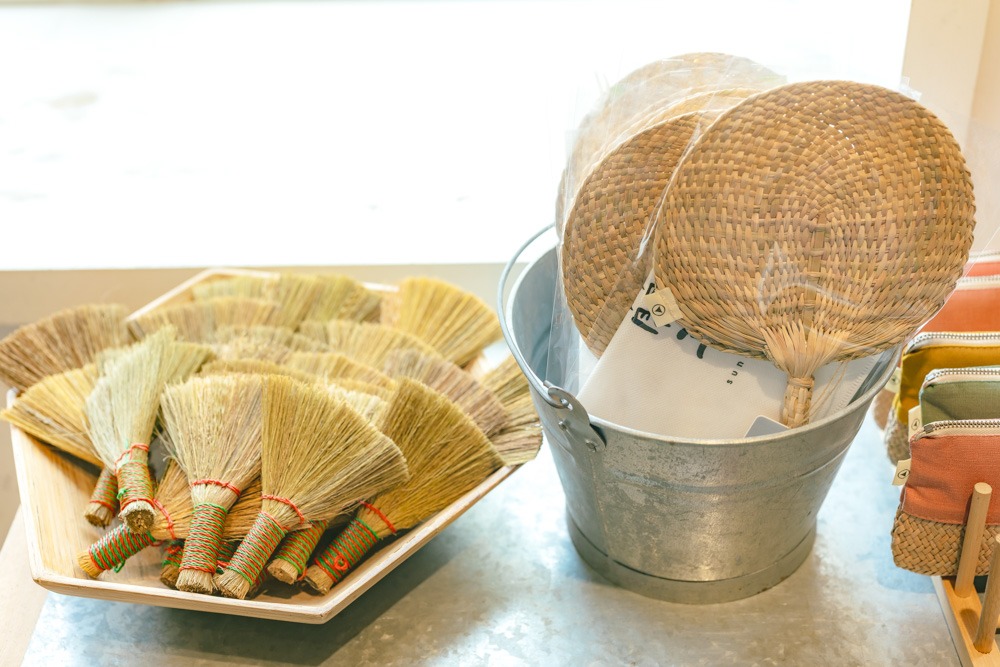
“I told the staff, I don’t want you to run a supermarket,” the CEO says. “See yourself as a fashion designer. You must be the one who’s most sensitive to the current trends, and be highly aware of the land and environment.”
Opening in 2018 in the Eslite Spectrum Nanxi store, in Taipei’s trendy Zhongshan Commercial District, the brightly lit market space is located on the “Taiwanese Aesthetics of Living”-themed fourth floor, alongside startup fashion and designer brands, instead of in the usual basement location with the other food shops. Despite the modern, minimalist decor, visitors will find all sorts of nostalgic snacks and household items such as baskets, scissors, and zinc watering cans – even toys straight from their childhood neighborhood corner store. Maji Treats expanded to Japan in 2021, bringing its unique Taiwanese flavors overseas. There is also an enterprise outlet in Taipei Expo Park’s Maji Square (see below).

The company’s philosophy is “L.E.S.S. (Local, Essential, Seasonal, Suitable) is more,” targeting younger, image-conscious customers who may not have time to cook full meals every day but still hope to add a bit of comfort, style, and quality to their lifestyle. The store’s “one-day rice,” contained in 150g packets, addresses exactly this demographic, relieving them from having to finish off a large bag and allowing them to try out different grain varieties. It also carries rice grown in fields plowed by water buffaloes – an old-time method that is almost unheard of these days in Taiwan, revived by an artist-turned-farmer in Hsinchu County.
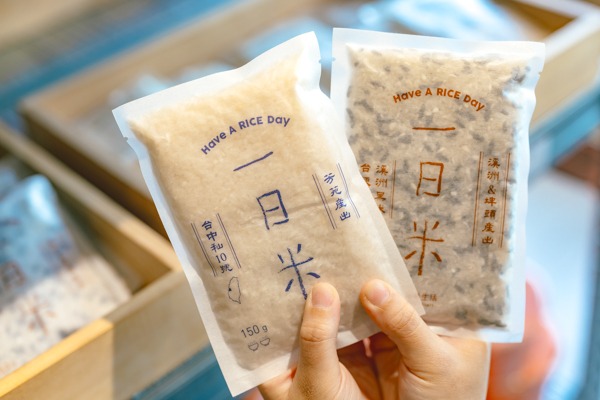
Maji Treats is not for big grocery trips to feed the family, but for relaxed browsing and “treasure hunting,” Fan Jiang says, hoping that customers can explore every inch of the store and take away items they truly like.


Nostalgia has long played an integral part in Fan Jiang’s personal and professional life. He spent his early years in a traditional Hakka communal house, but he later moved with his family to another township. With his siblings much older than him and his school being far from home, he spent much time alone, running wild with his imagination.
As a young adult, he expended great effort collecting vintage toys and other childhood objects, amassing a collection that he says was at one point the most extensive in Taiwan. He also once moved into a run-down brick courtyard residence in rural Taoyuan and began fixing it up. This type of nostalgia was not yet fashionable at the time, and few understood why he was drawn so much to the past.
Eventually, however, his passion brought him success when he opened a retro-style Hakka restaurant in 1990 that proved to be very popular, and later launched a lucrative venture designing and manufacturing retro-style products – most notably souvenirs for the Taiwan Railways Administration. At the same time, he stayed in tune with societal trends while also working for an ad agency, and for a period delved into such “fashionable things” as Japanese pop culture and cycling.

“I don’t just dip my toes into something,” he says. “I completely immerse myself in it and then I climb out.”
In 2017, Fan Jiang became the CEO of Maji Treats, which at the time operated the Maji Food & Deli, an upscale select market offering Taiwanese food items, located in Taipei Expo Park. For their Eslite expansion, Fan Jiang decided to go beyond the kitchen and build a lifestyle shop, showcasing quality and selling seasonal products that tell a good story.
Instead of simply researching online and making a spreadsheet of items they wanted to carry, he and his staff traveled around Taiwan, visiting the producers and experiencing their craftwork firsthand, such as drying noodles in the sun with them.
Eslite Spectrum Nanxi, being a major Taipei hotspot, the Maji Treats operation is frequented by both locals and tourists. Among the most popular souvenirs are tea sets with one can of leaves and two teacups. The dainty vessels are sculpted and hand-painted by an experienced artisan in the ceramics mecca of Yingge, a district in New Taipei City, and no two are the same. The dried mango, which contains an entire fruit in one packet, is also popular, the packaging bearing the catchphrase “There will always be sweet moments in life” (in Chinese). The Alishan drip coffee, sourced directly from the indigenous Tfuya village, is also a favorite, spotlighting a lesser-known product with unique flavors that has quietly snatched up several awards in the past few years.
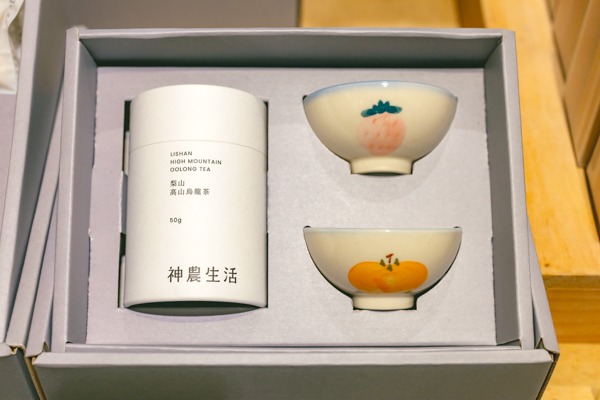
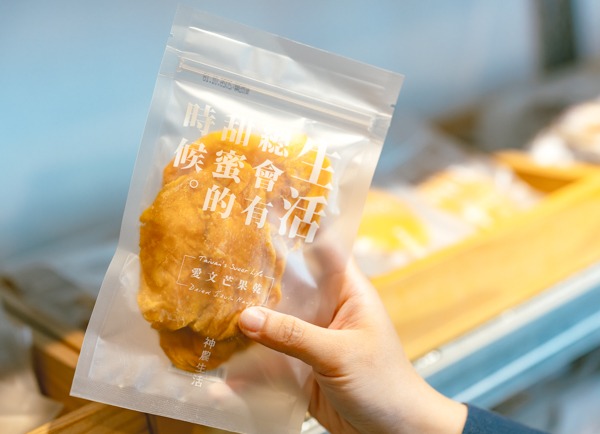
While planning the Eslite store, Fan Jiang also set his sights on the adjacent space. He wrote up the winning proposal within one week for a Taiwanese home-cooking eatery, Have a Seat, and concocted a hysterical menu based on his childhood memories, in particular things his mother would say to him. The original menu included such creations as “Do not open the pot lid while it’s cooking” steamed meat with pickled vegetables and lotus seeds and “Don’t watch TV while eating” crystal chicken. It has since evolved in a different direction, but the spirit remains the same.
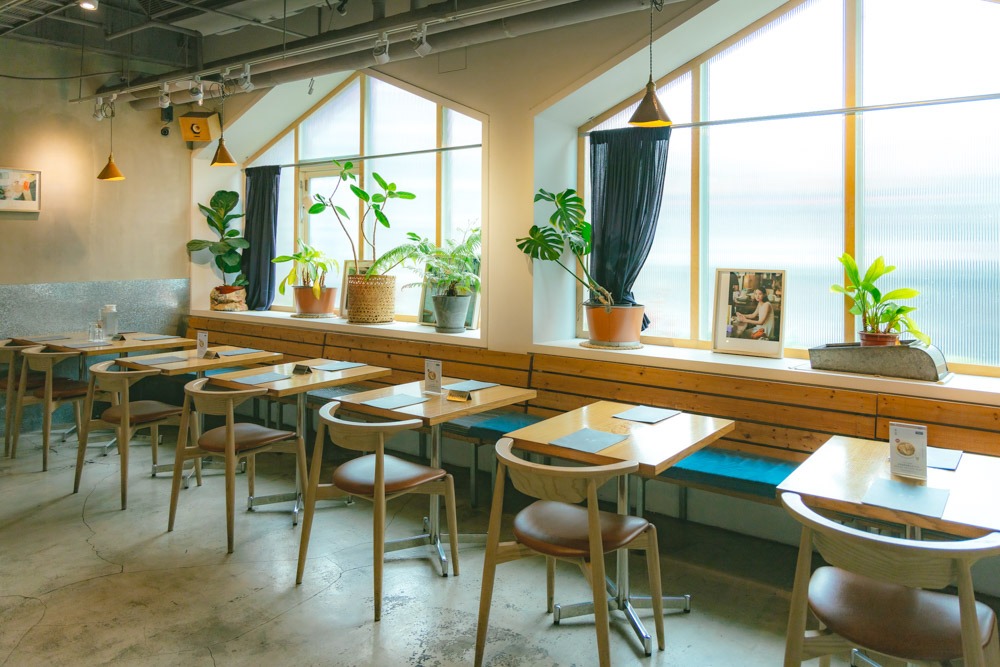

Fan Jiang hopes that his business can continue to expand the spirit of “food stories” and branch out to other aspects of people’s lives: “In the future, instead of a supermarket company, I want us to be a ‘life experience’ company,” he says.
Maji Treats (Eslite Spectrum Nanxi) | 神農生活 誠品生活南西門市
Tel: (02) 2563-0818
Add: 4F, 14F, Nanjing W. Rd., Zhongshan Dist., Taipei City
(台北市中山區南京西路14號4樓)
Hours: Mon-Thu 11am-10pm; Fri-Sun 11-10:30pm
Website: www.majitreats.com
About the author

Han Cheung
Han Cheung moved back to his adolescent stomping grounds of Taiwan in 2015 from frigid Wyoming, where he was the editor of the small town Rawlins Daily Times. He has a Master’s in Journalism from the University of Missouri and has reporting experience in the US, Latin America, and Taiwan.




